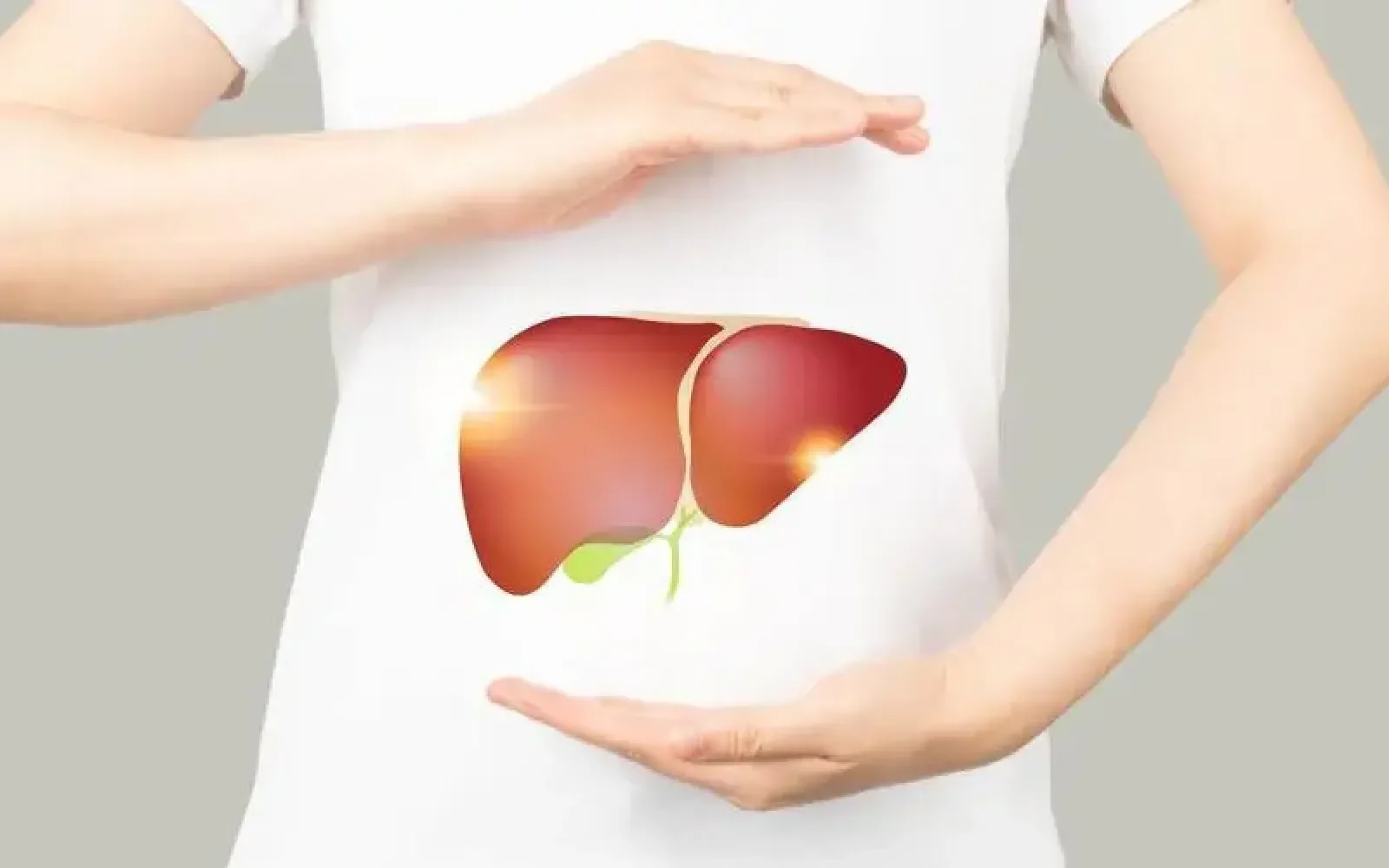What You Should Know About Your Liver
Your liver is one of your body's most important vital organs. If you want your liver to function at its best, learn these key facts about this organ.

Your liver is one of your body's most important vital organs. Different conditions can affect the health of the liver, but some of these conditions are treatable with the proper care. If you want your liver to function at its best throughout your lifetime, learn these key facts about this organ.
Function
The liver, which is in the upper right section of the abdomen below the diaphragm, performs over 500 functions that are needed to sustain life. The liver aids in digestion and removing toxins from the blood. The liver also stores essential vitamins and minerals. Other important liver functions include producing bile and metabolizing fat, carbohydrates, and proteins.
Liver Disease
Liver disease is a term that describes a variety of conditions that can damage and impair liver functioning in other ways. Liver disease may develop because of lifestyle factors or genetics. If liver disease reaches an advanced stage, liver failure can occur.
Cirrhosis, which scars the liver, is one of the most well-known types of liver disease. Also, different forms of the hepatitis virus may have temporary or permanent damaging effects on the liver. Fatty liver disease can also damage the liver by causing fat to build up in this organ. Liver cancer is another disease that can hinder the liver's functioning and have other negative health impacts.
Signs of Liver Problems
Ideally, your liver will remain healthy throughout your life and will not cause you any problems. However, you could experience liver problems at some point in your life even if you are in relatively good health. Some signs of liver problems include:
- Abdominal pain
- Dark-colored urine not linked to dehydration
- Frequent bloating or gas
- Swelling (edema)
- Unexplained weight loss
- Unusual skin and nail changes
Possible Causes of Liver Problems
Liver problems may occur without an obvious cause or may be hereditary, but other factors can have negative impacts on the liver's health. Excessive alcohol consumption is one of the main contributors of liver damage. Certain illicit drugs or prescription medications may also harm the liver. Obesity, sexual contact, and unclean needles can additionally increase risks.
Liver Treatments
Medical treatments have given hope to many people who suffer from liver problems. Simple lifestyle changes may be enough to reverse the effects of some liver conditions, but medications may be prescribed as treatment. If the liver is severely damaged or has failed completely, a liver transplant may be necessary.
If you are diagnosed with a liver condition, a doctor who specializes in liver care can recommend the appropriate treatment options. The doctor will also work to devise a personalized treatment plan that addresses your specific needs.
Healthy Liver Tips
Take proactive measures to try to ensure that your liver stays healthy throughout each phase of your life. Some simple lifestyle modifications may be all that is necessary to give your liver the best protection and care possible.
By avoiding or at least limiting your alcohol consumption, you may safeguard your liver against the effects of cirrhosis and other problems. You can also promote better liver health by eating foods that are rich in vitamins and nutrients and low in fats and other unhealthy ingredients. Doing regular exercise, avoiding risky sexual activities, and getting vaccinated for hepatitis A and B are also recommended.
A healthy liver can benefit your lifestyle and keep you thriving as you age. If you want to learn more facts about the liver or require diagnostic testing or treatment, a doctor at Nashville Healthcare Center can give you the thorough attention you deserve. Contact Nashville Healthcare Center today to learn more. We look forward to speaking with you.



